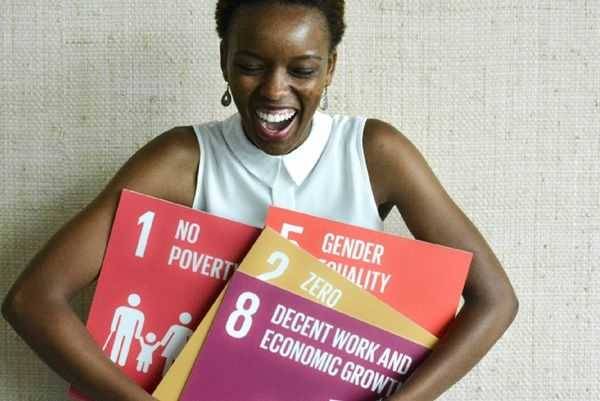The Campaign Against Privatization and Commercialization of Education (CAPCOE) convener, Mr. Richard Kwashie Kovey, warned that Ghana would not meet its deadline of 2030 for reaching SDG 4.
With 10 objectives for nations to fulfil by 2030, the SDG4 is focused on Quality Education to provide inclusive and equitable quality education and encourage opportunities for lifelong learning for everyone.
The goals are to provide free primary and secondary education, equitable access to inexpensive technical, vocational, and further education, raise the number of individuals with the necessary skills for achieving financial success, and end all forms of discrimination in the educational system. the development of inclusive and safe schools, expanding higher education scholarships for developing countries, increasing the supply of qualified teachers in developing countries, promoting education for sustainable development and global citizenship, and ensuring universal access to literacy and numeracy are the remaining goals.
The recent move by the government to seek a financial bailout from the International Monetary Fund (IMF) might have a variety of repercussions on education in the country, the speaker said, adding that Ghana needs to establish its priorities straight, especially within the educational sector.
Speaking on the subject of "Potential impact of IMF deal on the education sector" during the 15th Ghana News Agency, Tema Industrial News Hub Stakeholders Engagement, Mr. Kovey made this statement.
The engagement is a project of the GNA-Tema Regional Office and serves as a forum for state and non-state actors to discuss national problems in a progressive media caucus.
He stressed that over the years, IMF bailouts to governments had specific requirements that the recipient nation had to follow and that they typically had the effect of lowering the quality of education, particularly in public schools.
Mr. Kovey went on to say that the conditionalities would require the government of the time to diversify its resources, which might result in low pay, which would then cause absenteeism among teachers, protests over inadequate pay for public sector workers, a system of multi-grade classes, excessive stress on teachers, and other issues.
According to the CAPCOE Convener, a review of the country's educational system at the primary level is necessary to provide the necessary human capital for national growth.
Before considering entering into any agreement with the IMF, he recommended the government to develop its own internal policies, adding that "if Ghana got its priorities straight, there would be no need to go to the IMF for financial bailouts."
Mr. Edward Kareweh, General Secretary of the Ghana Agricultural Workers Union (GAWU), Mr. Richard A. Quayson, Deputy Commissioner of the Commission on Human Rights and Administrative Justice, and Mr. Papi-Paulo Zigah, Director of International Operations, Future Careers Ghana, also spoke at the stakeholders' engagement.


